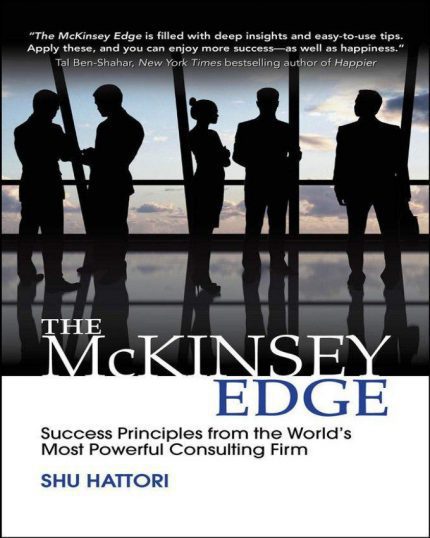
QUICK DELIVERY
Swift dispatch
ONLINE PAYMENT
Multiple options
EXPERT SUPPORT
Help when you need it
WIDE VARIETY
Thousands of books
GLOBAL SHIPPING
Worldwide delivery


KShs100.00
In stock
Brief Summary
Every day, the populace wakes before dawn to head to the blast furnaces of Nairobi’s Industrial Area leaving behind another bustling economy of daily subsistence carried on by the not so lucky. The drinking dens gobble up what they so work hard for and the cycle continues.
The Beasts Under Your Bed follows the travails of one such young man raised in these cesspool that he refuses, is helpless or unable to say goodbye to. He looks for love and light at the end of the bottle and carnal and filial relations. Will he find what he’s looking for? Will he finally manage to escape the chains that so tie him to ‘a man can leave the village but the village cannot leave the man?’

Swift dispatch
Multiple options
Help when you need it
Thousands of books
Worldwide delivery
No account yet?
Create an Account
Empress –
I loved this book by JM Rogoi.
I could just stop there, because it’s that simple. From the cover, which is weird, cos there’s nothing but the title and author’s name on it, to the paper quality, to the simply woven language to the font.
It’s a story revolving around an unfortunate family run by a single mother, stretching over three or so decades, from the 90s. You should have seen me smile when the author gave Ngonya wa Gakonya space in the book. You see, I think Ngonya is the reason I left Christianity – him and my father, who was his faithful. I digress.
I wasn’t sure whose story was being told between the two brothers, Kioria and Cutha, or even their mother. But it is a story about the struggles and sometimes triumphs of life in the slums. It’s the gory details, it’s giving colour to the shady bits. In the end, their three stories become one story.
However beautifully it is written, it’s a sad story. Consolation is the beauty of the storytelling prowess.
The author is a first-timer and although he has a history in journalism, not all journalists can tell a story so beautifully. I am looking forward to reading another book from him. A happy one.